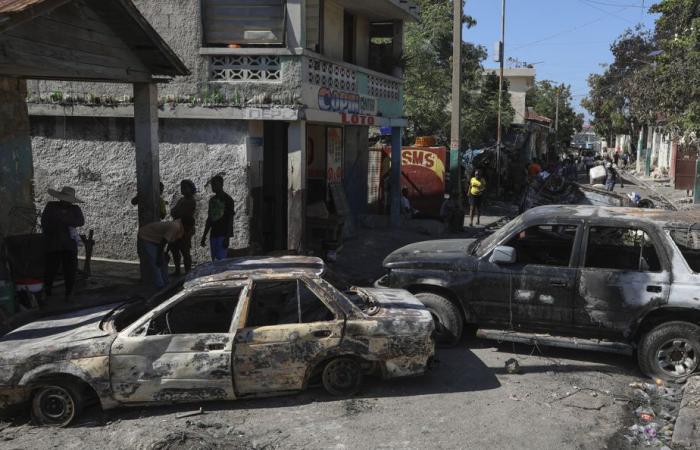(Montreal) Prime Minister Justin Trudeau highlighted the 221e anniversary of Haiti’s independence.
Published yesterday at 2:07 p.m.
Alexis Drapeau-Bordage
The Canadian Press
Mr. Trudeau took advantage of his wishes to reaffirm “Canada’s commitment to helping the Haitian people restore democracy, security and stability in their country and to respond to the immediate needs of the most vulnerable.”
The Prime Minister recalled having announced funding and new measures in September to increase humanitarian aid to the country. He also affirmed that Canada would continue to provide assistance to the Haitian police and the Multinational Security Support Mission, which aims to stabilize the crisis in Haiti.
The republic which occupies the western part of the island of Hispaniola experienced a particularly difficult year in 2024, marked by gang violence which is becoming increasingly important there.
Port-Au-Prince’s airport has been forced to close twice this year due to violence. Numerous massacres took place across the island, including one targeting journalists who were covering an attempt to reopen the country’s largest hospital on Christmas Eve.
The political crisis in the country worsened in January 2024, when the mandate of national elected officials ended. Due to the violence, the state has not been able to hold elections since 2016.
In November, Alix Didier Fils-Aimé was named prime minister by the transitional council created to restore democratic order in Haiti. He then took the place of interim Prime Minister Garry Conille, dismissed by the Presidential Transitional Council which had appointed him at the end of May. Mr. Conille had already held this role in 2011, before resigning a few months later.
Prime Minister Trudeau said he was proud that Canada has “one of the largest Haitian diasporas in the world,” with nearly 180,000 citizens of Haitian origin. “From coast to coast, their social, economic and cultural contributions – including their contribution to the vitality of the French language – make our communities stronger.”
The former French colony of Saint-Domingue gained its independence in 1804, following a revolution led, among others, by Toussaint Louverture and Jean-Jacques Dessalines, who became Haiti’s first emperor.
This revolution made the State of the Antilles the first country in the world to emerge from a slave revolt.






